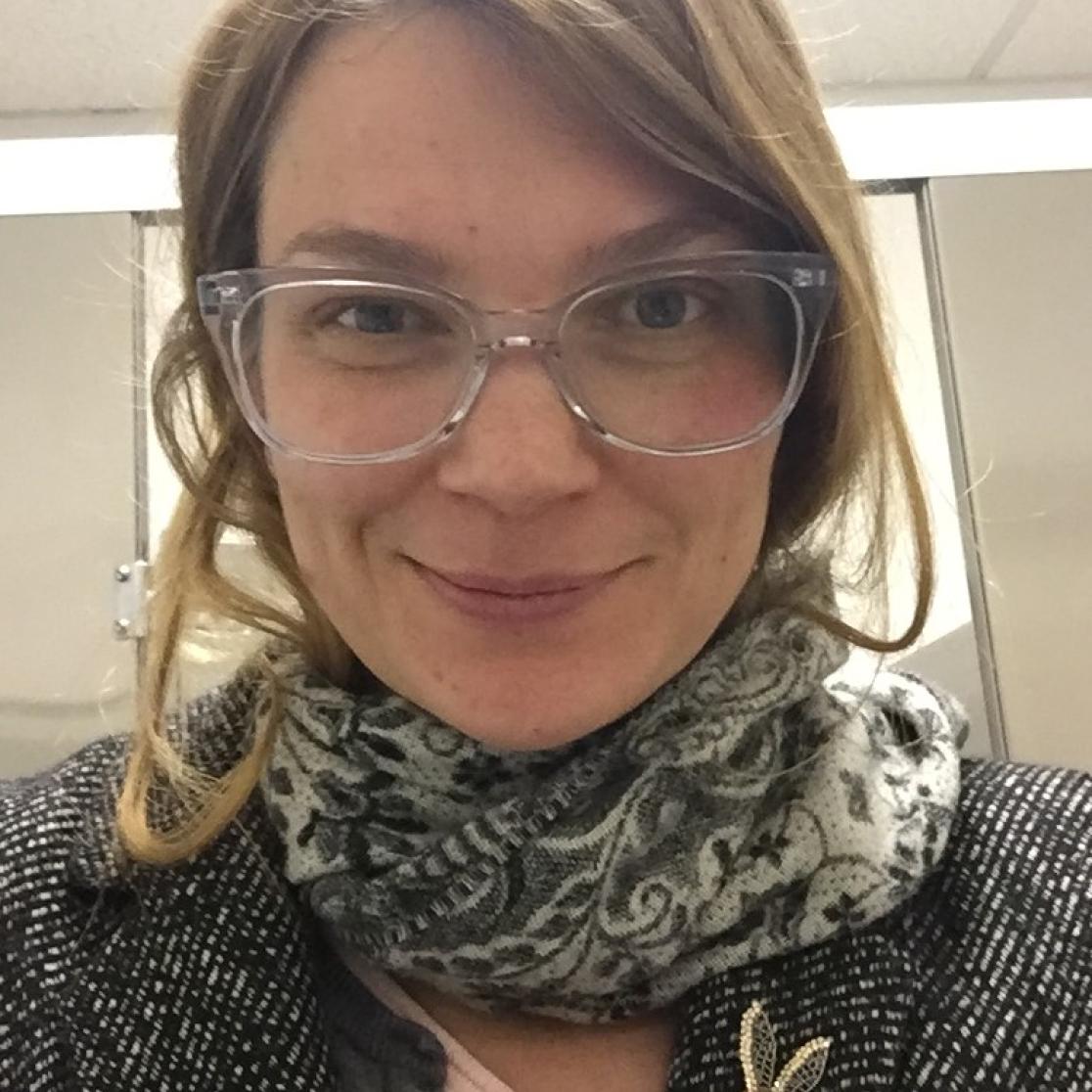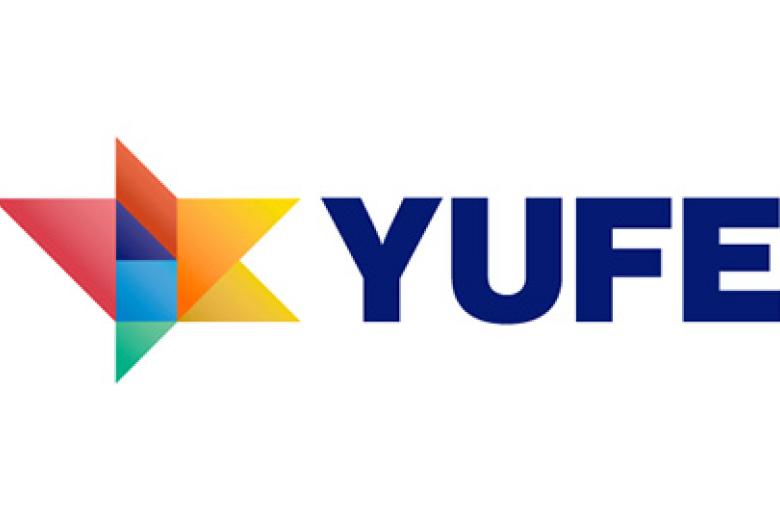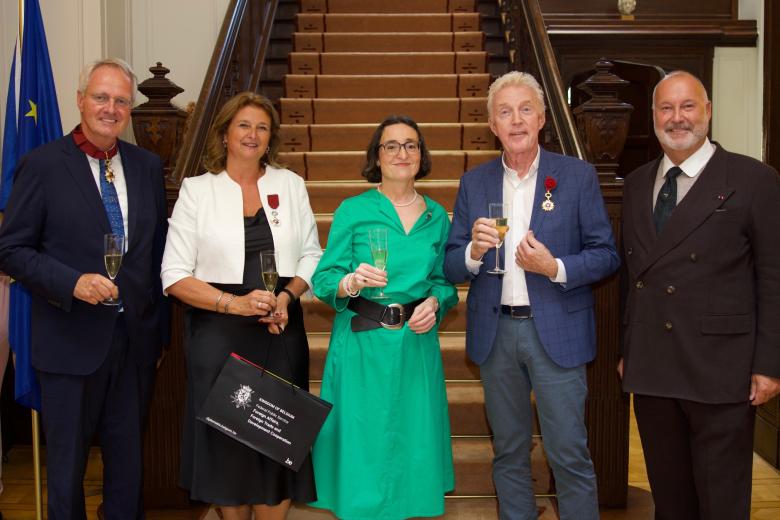Introducing new PhD candidate: Mareike Opeña
Mareike Opeña has joined MACCH as an external PhD candidate with a project focusing on decision-making processes in conservation for the contemporary art market. Her research is predominantly located in New York City, where she has lived and worked in private practice conservation for the past decade.
In conservation literature, decision-making processes are implicitly situated in a museum-like environment, where the artwork is naturally seen as a permanent part of a collection with indisputable cultural value. In this context, the practice of conservation aims to preserve a work’s symbolic meaning and to enable its communicative powers. Conservation practice in the public art museum is predominantly meant to prepare artworks to be exhibited publicly to visitors willing to ‘experience’ art as a means of personal, cultural enrichment.
However, contemporary art for sale on the art market is often viewed by a very different public – a public that may be approaching art for collection or investment purposes. In this context, an artwork is not only considered for its cultural value, but also evaluated for its economic value. In fact, value appraisals of artworks for sale fundamentally rely on a work’s material condition, for which - among others - conservators’ expertise is relied on. Here, a conservator is called upon to evaluate an artwork’s material composition and stability for durability, authenticity, and traces of previous conservation interventions. The ideal outcome of such an evaluation, from an investment point of view, is the pristine, impeccable condition which promises high value appraisals in the future. Hence, different to conservation in a museum setting, works of art on the market are inspected from the front and the back.
As an experienced practitioner of conservation for New York’s contemporary art market, Mareike Opeña investigates decision-making processes and ethical considerations in the daily lives of conservators in private practice, where the task is to preserve both cultural and monetary value of privately owned art. Drawing from her professional experience, Mareike applies qualitative research methods to address three central issues fundamental to the ethics of decision-making in private practice conservation: stakeholder networks, authority negotiation, and knowledge organisation. The research is supervised by Vivian van Saaze, Christoph Rausch and Jessica Mesman.

Also read
-
Green light for UM participation in unique YUFE bachelor programme
The UM can start as a degree awarding partner in the new unique bachelor programme Urban Sustainability Studies offered by YUFE (Young Universities for the Future of Europe), an alliance of ten European universities. This week, the UM received a positive outcome of the macro due diligence assessment...

-
Professor Anouk Bollen-Vandenboorn appointed Knight in the Order of the Crown
Prof. Dr Anouk Bollen-Vandenboorn, Director of the Institute for Transnational and Euregional cross border cooperation and Mobility (ITEM) at the Faculty of Law, Maastricht University, was appointed Knight in the Order of the Crown on 3 July, during a formal ceremony at the Belgian Embassy in The...

-
Study Smart gets Dutch Education Premium
Maastricht University's (UM) interfaculty educational innovation project Study Smart is one of the three winners of the Dutch Education Premium 2025. This was announced on Tuesday during the Comenius festival in The Hague.
